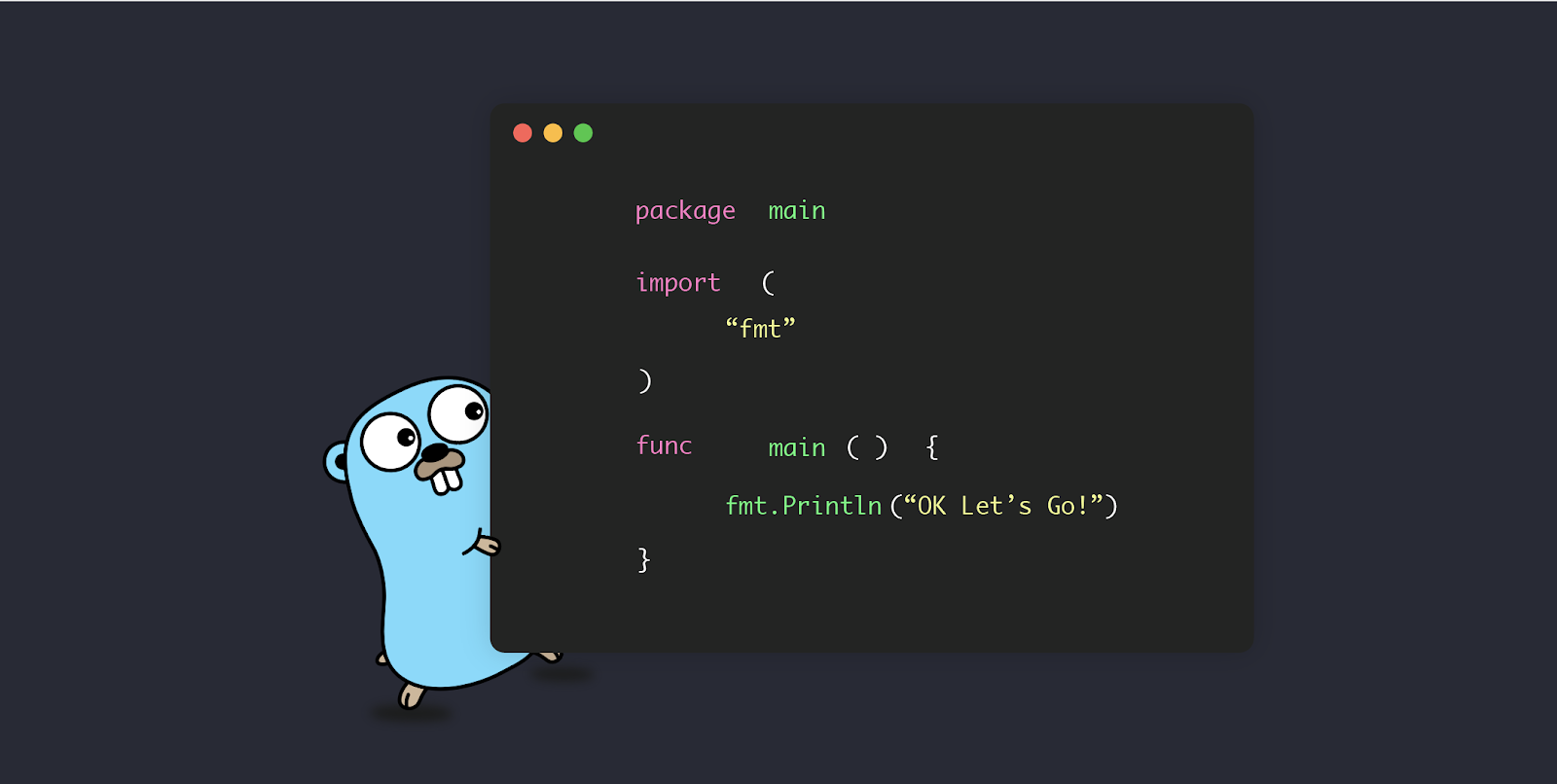Conditional statements are the backbone of decision-making in programming, and Go (often referred to as Golang) offers a robust set of tools for creating conditional logic. In this blog, we'll delve into the world of conditional statements in Go, covering the various types of conditions, their syntax, use cases, and best practices. Whether you're new to Go or seeking to enhance your skills, this guide will help you master conditional statements in this powerful language.
Why Do We Need Conditional Statements?
Conditional statements allow us to control the flow of our programs by executing specific code blocks based on certain conditions. Whether it's handling user input, making decisions in algorithms, or responding to dynamic data, conditionals are fundamental for creating intelligent and responsive software.
The if Statement
The if statement is the most basic and widely used conditional statement in Go. It allows you to execute a block of code if a specified condition is true.
Here's the basic syntax of an if statement:
if condition {
// Code to execute if the condition is true
}Let's look at an example:
age := 25
if age >= 18 {
fmt.Println("You are an adult.")
}In this code, the if statement checks if age is greater than or equal to 18, and if true, it prints "You are an adult."
The else Clause
You can extend the if statement by adding an else clause to execute a different block of code when the condition is false.
age := 15
if age >= 18 {
fmt.Println("You are an adult.")
} else {
fmt.Println("You are a minor.")
}This code checks the age and prints an appropriate message based on whether the person is an adult or a minor.
The else if Clause
For more complex conditions, you can use the else if clause to evaluate additional conditions if the previous if or else if conditions are false.
temperature := 25
if temperature >= 30 {
fmt.Println("It's hot outside.")
} else if temperature >= 20 {
fmt.Println("It's a pleasant day.")
} else {
fmt.Println("It's quite cold.")
}In this example, the code evaluates different temperature ranges and prints messages accordingly.
The switch Statement
The switch statement is a powerful tool for handling multiple conditions efficiently. It simplifies the code when you have multiple conditions to evaluate.
Here's the basic syntax of a switch statement:
switch expression {
case value1:
// Code to execute when expression equals value1
case value2:
// Code to execute when expression equals value2
default:
// Code to execute when none of the cases match
}Let's look at an example:
day := "Tuesday"
switch day {
case "Monday":
fmt.Println("It's the start of the week.")
case "Tuesday", "Wednesday":
fmt.Println("It's a workday.")
case "Saturday", "Sunday":
fmt.Println("It's the weekend.")
default:
fmt.Println("It's a regular weekday.")
}In this code, the switch statement evaluates the value of day and executes the appropriate block of code.
Best Practices
When working with conditional statements in Go, consider the following best practices:
-
Keep Conditions Simple: Make your conditions as simple as possible to enhance code readability. If a condition becomes too complex, consider breaking it down into smaller, more manageable parts.
-
Use
switchfor Multiple Conditions: When dealing with multiple conditions that depend on the value of a single expression, prefer theswitchstatement for clarity and brevity. -
Document Your Code: Add comments or documentation to explain the purpose and logic behind your conditions, especially if they are not immediately obvious.
-
Keep Code DRY: Don't Repeat Yourself (DRY) by avoiding redundant code. If you find yourself repeating similar conditions in multiple places, consider creating functions or variables to encapsulate the logic.
-
Test Your Code: Thoroughly test your conditional statements to ensure they behave as expected for various input scenarios.
Conclusion
Conditional statements are indispensable for building intelligent and responsive software in Go. By mastering if, else, else if, and switch statements and following best practices, you can write clean, efficient, and maintainable code in the Go programming language. Whether you're creating web applications, command-line utilities, or complex algorithms, mastering conditional statements is a key step toward becoming a proficient Go developer.
